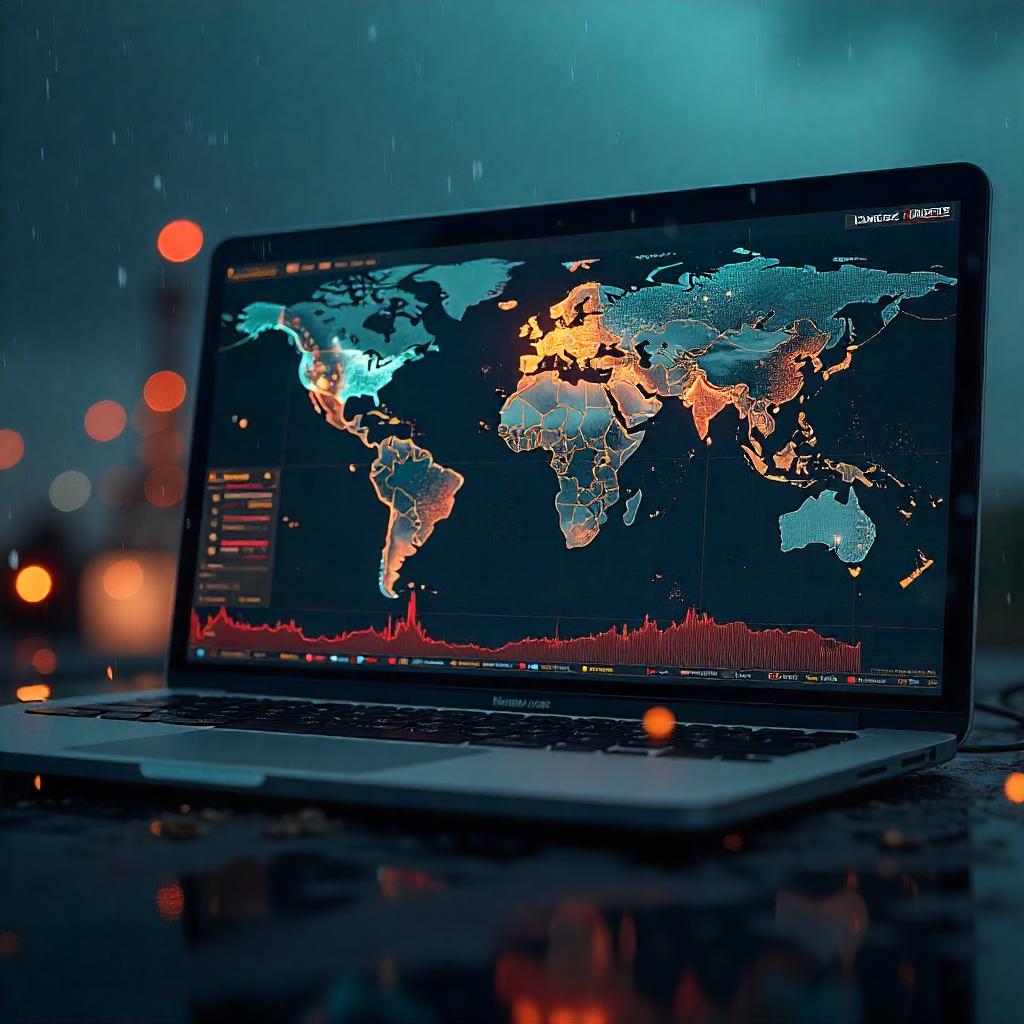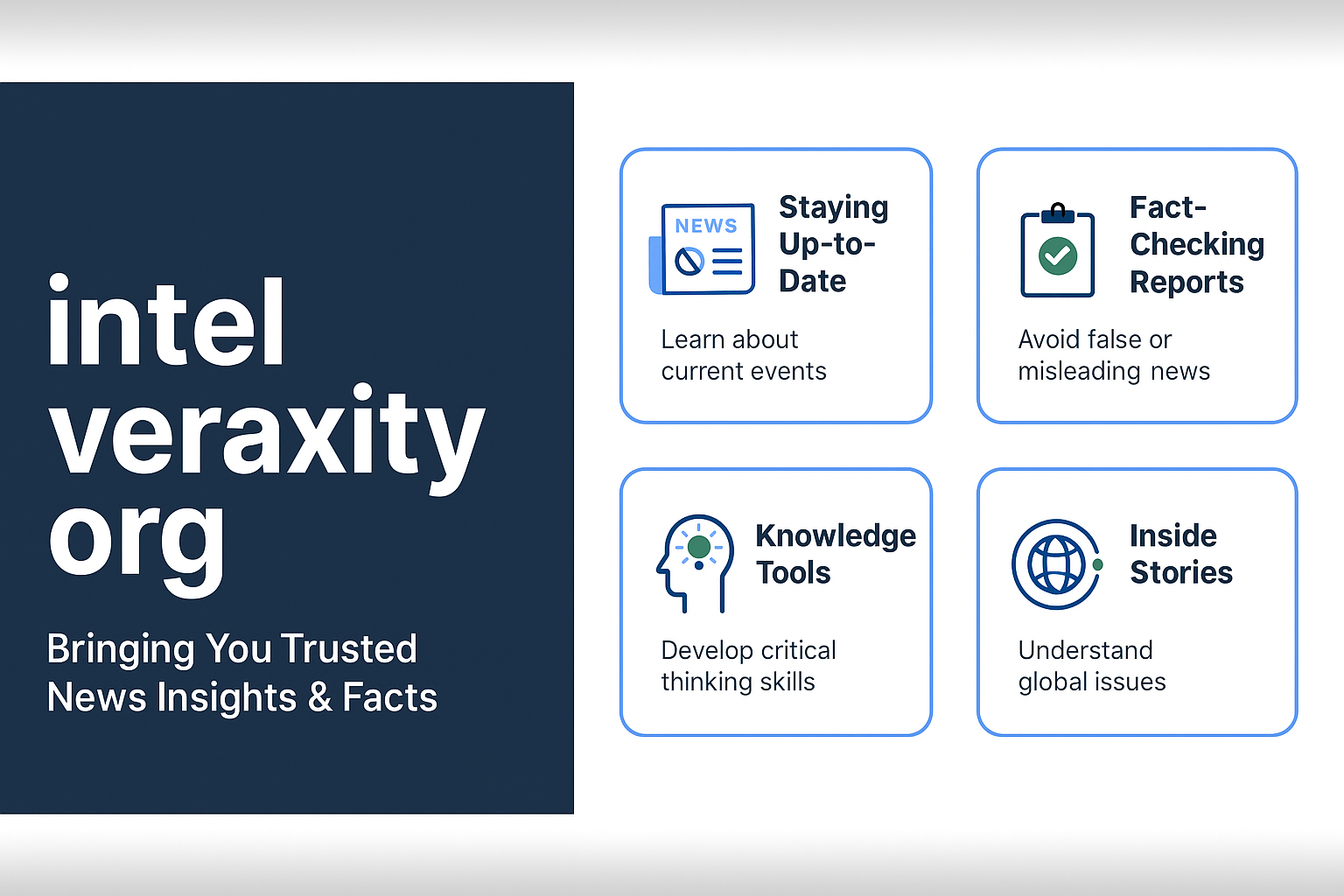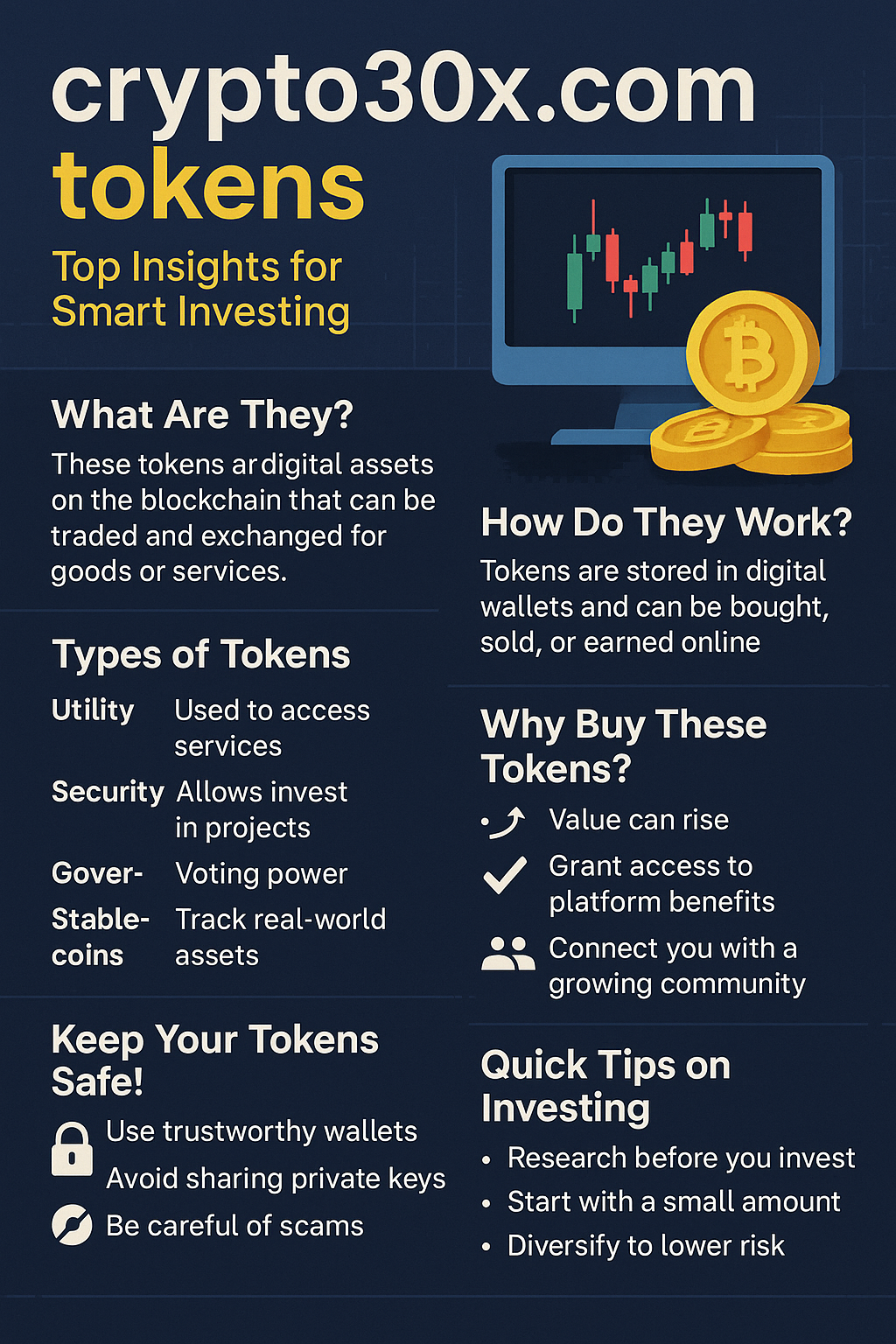Every day, prices of gold, oil, and food products change. These price shifts affect the cost of things we buy—like gas, bread, and even clothing. But where do these price changes come from? And who decides them? The answer lies in something called the commodities market. Thanks to platforms like fintechzoom.com commodities, anyone can learn about these price shifts and understand how global markets work.
Even if you’ve never studied finance before, don’t worry. This guide breaks down commodities in a simple way and shows how fintechzoom.com commodities makes it easy to keep track of important information.
What are commodities?
Commodities are raw materials or basic goods used to make other products. Think of things like:
-
Oil
-
Gold
-
Wheat
-
Corn
-
Coffee
-
Cotton
These goods are traded globally. People buy and sell them based on what they believe their future price will be. Some use them to make products, while others trade them to make money.
Types of commodities
There are two main categories:
-
Hard commodities: Natural resources like oil, gold, silver, and metals. These are mined or extracted.
-
Soft commodities: Farmed goods like wheat, coffee, sugar, corn, and livestock.
Both types are important. When prices rise or fall, it affects what we pay in stores and how companies operate.
How are commodities traded?
Commodities are traded on markets, much like stocks. Buyers and sellers meet (mostly online today) and agree on a price. Common trading places include:
-
Chicago Mercantile Exchange (CME)
-
New York Mercantile Exchange (NYMEX)
-
London Metal Exchange (LME)
These markets use contracts called futures. A futures contract is an agreement to buy or sell a commodity at a set price on a future date.
What are futures contracts?
A futures contract lets traders bet on whether the price of a commodity will go up or down in the future. For example:
-
A bakery might buy wheat futures to lock in a low price now.
-
A trader might sell oil futures, hoping the price will fall and they can buy it cheaper later.
This helps companies plan costs and helps investors try to make money.
Why are commodities important?
Commodities affect everyone. They help determine:
-
How much gas costs at the pump
-
What you pay for food at the store
-
The price of jewelry
-
The cost of clothes
If the price of oil rises, airplane tickets and delivery fees may also go up. Understanding commodities helps you see how the world’s economy is connected.
What does fintechzoom.com commodities do?
fintechzoom.com commodities is a website that gives real-time updates and news on commodity prices. It covers everything from gold to soybeans. You’ll find:
-
Price charts
-
Expert analysis
-
Daily market summaries
-
Long-term predictions
It’s a trusted place for students, traders, and business owners who want to learn about or work in the commodity market.
Live updates and charts
One of the best things about fintechzoom.com commodities is the live chart feature. You can see:
-
How prices change by the second
-
Historical price data
-
Trend lines that show where the market might go
These tools help users understand when it might be a good time to buy or sell.
Commodities and inflation
Inflation happens when prices rise across the economy. Commodities often go up in price during inflation. Why?
-
Oil becomes more expensive
-
Food takes more money to produce
-
Metals are needed for factories and buildings
fintechzoom.com commodities keeps readers informed on how inflation affects different goods.
Popular commodities explained
Here’s a breakdown of some of the most traded commodities:
| Commodity | Why It Matters |
|---|---|
| Gold | Seen as a safe store of value |
| Crude Oil | Powers cars, planes, and factories |
| Corn | Used in food, fuel, and animal feed |
| Natural Gas | Heats homes and powers industries |
| Coffee | One of the most traded global drinks |
| Copper | Needed in electronics and construction |
Each one affects prices in stores, markets, and even jobs.
How does weather affect commodities?
Surprisingly, weather plays a big role. Bad weather can:
-
Destroy crops (causing food prices to rise)
-
Make mining harder
-
Slow down oil drilling
On fintechzoom.com commodities, news stories often explain how hurricanes, droughts, or floods are impacting the market.
Supply and demand in commodities
Prices depend on supply (how much of something exists) and demand (how much people want it). For example:
-
If more oil is found, supply goes up, and prices may drop.
-
If coffee demand rises (like during a trend), prices may go up.
fintechzoom.com commodities tracks these changes and shows how they impact the market.
Who uses commodity information?
Many people need this info:
-
Farmers: to plan when to sell their crops
-
Companies: to budget for materials
-
Investors: to choose what to buy or sell
-
Students: to understand the global economy
The site helps each group by offering easy-to-read news, tools, and reports.
Investing in commodities
People invest in commodities to earn money. They might:
-
Buy futures contracts
-
Invest in mutual funds that track commodities
-
Own stocks in companies that produce oil, gold, or crops
fintechzoom.com commodities teaches smart investing strategies and shares tips to reduce risk.
What are commodity ETFs?
ETFs (Exchange-Traded Funds) are like baskets of assets. A commodity ETF holds contracts or stocks related to a specific commodity.
For example:
-
A gold ETF tracks the price of gold
-
An energy ETF follows oil and gas companies
These are easier to buy than futures contracts and are popular for beginners.
Risks of trading commodities
Commodities can be risky. Prices change fast due to:
-
Political events
-
Natural disasters
-
Economic news
fintechzoom.com commodities helps by warning about risky trends and offering advice to reduce loss.
Commodities and the environment
Extracting or producing commodities can harm the planet. Examples include:
-
Oil drilling damaging ecosystems
-
Farming using pesticides
-
Mining creating waste
The site also reports on green alternatives like:
-
Solar energy replacing oil
-
Organic farming methods
-
Recycling metals
This helps readers make informed, eco-friendly decisions.
Commodities and global events
World news often affects commodity prices. For example:
-
A war might raise oil prices
-
A trade deal could lower metal prices
-
A drought could spike corn costs
fintechzoom.com commodities includes daily updates on how global events shape market trends.
Understanding seasonal trends
Commodities often follow seasons. For example:
-
Wheat prices might rise in winter when fewer crops grow
-
Gas prices often rise in summer due to travel
This knowledge helps traders and businesses plan better, and fintechzoom.com commodities highlights these patterns.
Using fintechzoom.com commodities for school
Students can use the site for:
-
Economics class projects
-
Business case studies
-
Science lessons (climate and crops)
-
Math graph reading (price charts)
Because it’s written clearly and updated often, it’s a useful tool for school and self-learning.
Conclusion
Commodities play a huge role in our everyday lives. From the gas in your car to the bread on your table, they affect prices, products, and even how businesses run. Platforms like fintechzoom.com commodities make it easier to understand this market—no matter your age or experience level.
By learning how commodities work, how they’re traded, and how global events affect their price, you’ll be one step ahead in understanding the world economy. Whether you’re a curious student, a smart investor, or just someone who wants to know more, this platform is a great place to start.
FAQs
What does fintechzoom.com commodities track?
It covers commodity prices, news, and trends including gold, oil, coffee, corn, and more.
Is it free to use?
Yes, the platform is free for all users to check prices and read news.
Can kids and teens use it for learning?
Absolutely. The site is simple and clear enough for students to use in projects or for research.
Is it good for new investors?
Yes. It provides basic guides and tips on trading and investing in commodities.
Does it include live data?
Yes. You can view real-time price charts and market changes instantly.
How often is the site updated?
It posts updates throughout the day, especially during market hours.







Leave a Reply